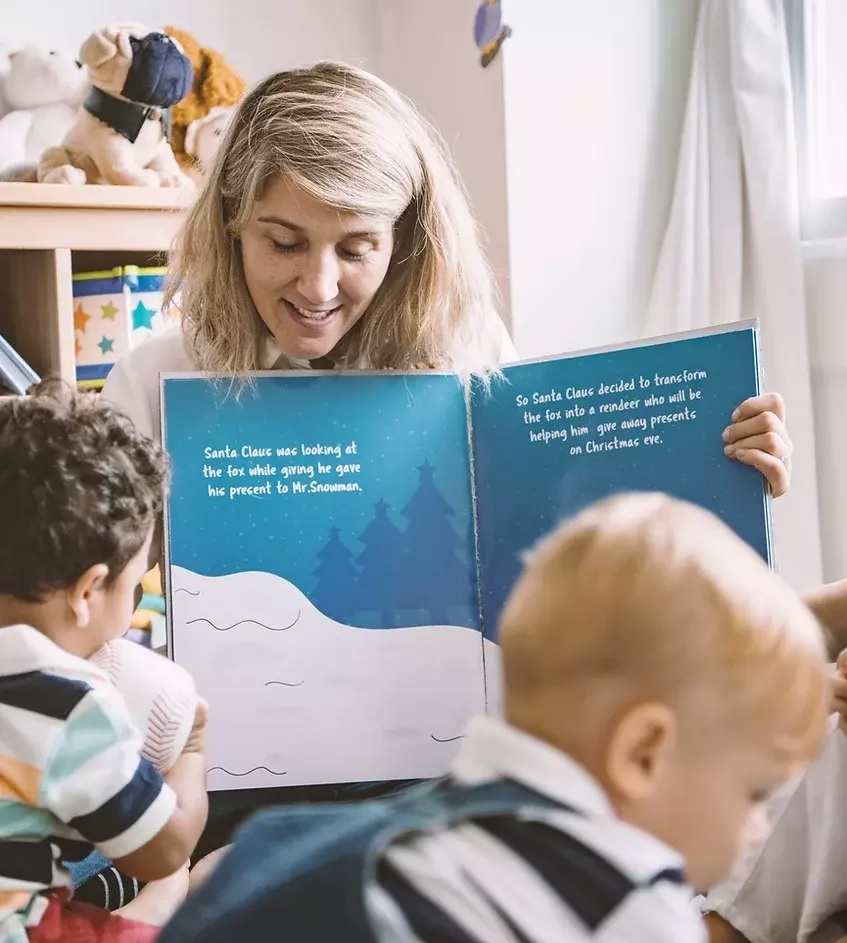BEE-PP project and the BEE study
(Brain development in Early Epilepsy Parent Priorities) and (Brain Development in Early Epilepsy)
Information about the BEE-PP project and the BEE study and how you can get involved
The BEE-PP project and the wider BEE study is led by Dr Charlotte Tye and her team at Kings College London. It is funded by Kings College London and The Wellcome Trust’s Institutional Strategic Support Fund.
The BEE-PP project:
The BEE-PP project is linked to a wider research programme, the Brain development in Early Epilepsy (BEE) study, which aims to identify predictors of emerging autistic traits in infants with epilepsy, and to understand shared mechanisms between epilepsy and autism. But before researchers begin the BEE study, they want to hear from parents and carers of young children with early-onset epilepsy to understand what is most important to investigate – this is the BEE-PP project.
The BEE-PP project aims:
- To document the lived experiences of families of children with early-onset epilepsy
- To identify parent/carer priorities for research about early development and behaviour
The BEE-PP project is still recruiting. Take the survey here to feel like you’re really making a difference to research into early epilepsy.
The BEE study:
***Recruitment is NOW OPEN for the wider BEE study!***
To take part, your baby must:
- Have a suspected or confirmed diagnosis of focal seizures and/or infantile spasms
- Be aged between 1 month and 10 months old
Click here to read more about the wider BEE study.

The BEE-PP project is currently still enrolling participants to take part!
This completely online project at King’s College London is a great opportunity for caregivers/parents of children (up to 16 years old) with early onset epilepsy (diagnosed by 2 years) to take part in shaping research on early development and behaviour in epilepsy.
There are multiple activities in which parents can get involved: firstly, a survey which asks questions about what matters most to parents regarding early epilepsy research and about the impact of their child’s diagnosis on their family’s wellbeing. It will take approximately 20 minutes to complete here.
Following this, parents will have the option to take part in a later focus group to continue exploring their experiences with other parents, researchers and charity representatives, as well as the option to write an anonymous blog post about their experience on the project.
The goal is for this parent-guided project to have a direct impact on the scope and direction of epilepsy research and help to improve outcomes for babies and young children with epilepsy.
The deadline to take part in the survey has been extended to Friday 28th January 2022. Don’t miss this opportunity to shape valuable epilepsy research!
If you have any questions, you can read the participant information sheet on our website www.beestudy.co.uk/bee-pp or contact the BEE Study team directly at beestudy@kcl.ac.uk.
The parent information sheet can be found here. This sheet contains information about:
- The purpose and aims of the study
- What the project involves
- What will happen if you take part in the online survey
- The risks of taking part
- The benefits of taking part
- Data handling and confidentiality
- What happens to the findings of the project
- Contact details for the BEE-PP project team
For more information on how to take part, click here.
Click here to find out more!
Keep up to date by following the BEE-PP project and the wider BEE study on social media (Facebook: @TheBEEStudy; Twitter: @BEEStudy_ ), where the team post regular updates, related research, and family friendly resources.
You can also read more about Dr Charlotte Tye in our interview with her here.
Related pages
Make a one off or regular donation
£10 Can allow us to send a welcome pack to a family who has just received a life-changing TSC diagnosis, ensuring that they do not go through this time alone.
£25 Can help us develop materials that are included in our support services, flagship events or campaigns.
£50 Can provide laboratory equipment for a day’s research into the causes, symptoms, management or treatment of TSC.
To provide help for today and a cure for tomorrow





